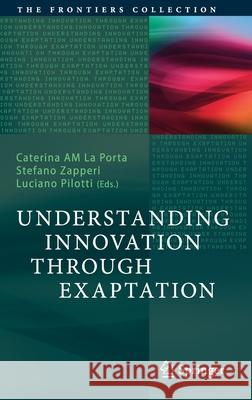Understanding Innovation Through Exaptation » książka
topmenu
Understanding Innovation Through Exaptation
ISBN-13: 9783030457839 / Angielski / Twarda / 2020 / 194 str.
Understanding Innovation Through Exaptation
ISBN-13: 9783030457839 / Angielski / Twarda / 2020 / 194 str.
cena 402,53
(netto: 383,36 VAT: 5%)
Najniższa cena z 30 dni: 385,52
(netto: 383,36 VAT: 5%)
Najniższa cena z 30 dni: 385,52
Termin realizacji zamówienia:
ok. 16-18 dni roboczych.
ok. 16-18 dni roboczych.
Darmowa dostawa!
Wydawca:
Springer
Seria wydawnicza:
Język:
Angielski
ISBN-13:
9783030457839
Rok wydania:
2020
Wydanie:
2020
Numer serii:
000308052
Ilość stron:
194
Waga:
0.46 kg
Wymiary:
23.39 x 15.6 x 1.27
Oprawa:
Twarda
Wolumenów:
01
Dodatkowe informacje:
Wydanie ilustrowane











